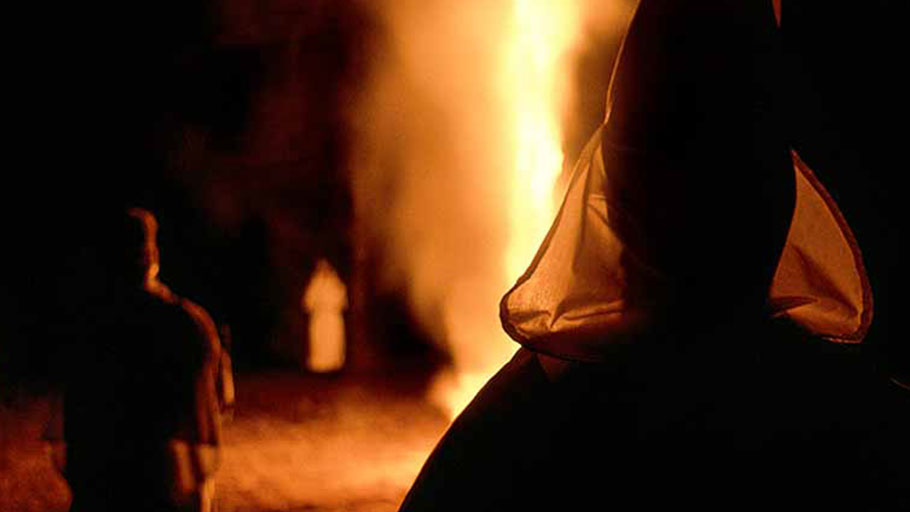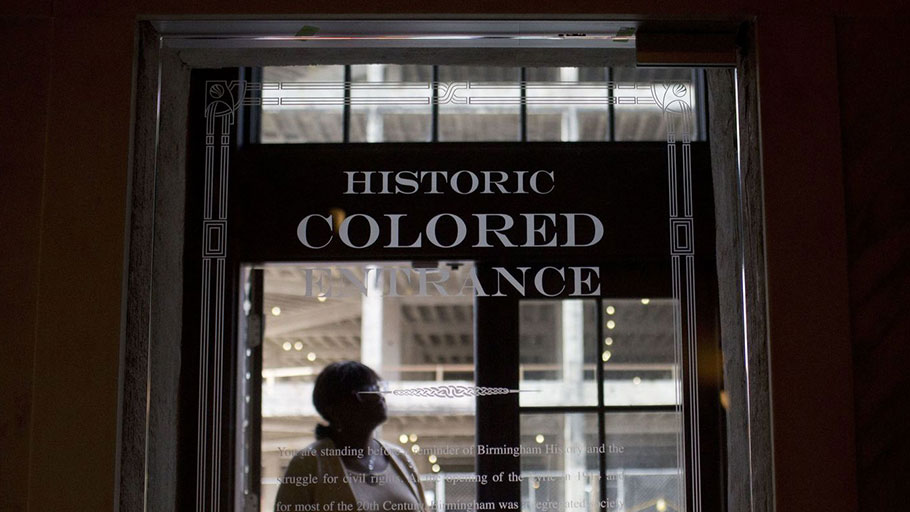
Germany faced its horrible past. Can we do the same? By Michele L. Norris, The Washington Post — Shortly after the National Museum of African American History and Culture opened…

Germany faced its horrible past. Can we do the same? By Michele L. Norris, The Washington Post — Shortly after the National Museum of African American History and Culture opened…

By Dr. Maulana Karenga — The month of August for our people is a special month, full and overflowing with commemorations of our awesome march and movement through human history…

By Susan Neiman, Los Angeles Times — Born as a white girl in the segregated South, I’ve spent most of my adulthood as a Jewish woman in Berlin. This double perspective has fueled my resolve to explore America’s fraught relationship with its history. It is easy to point to the differences between the Holocaust and the enslavement and abuse of millions of Africans. When examining possible responses to these crimes,…

Part. 1. By Dr. Maulana Karenga — During both the Holocaust of enslavement and the era of segregation, leaving the plantation was a metaphor, mental process and actual practice of freedom. It…

Part. 2. By Dr. Maulana Karenga — The insistence on calling our righteous and relentless struggle by its rightful name, The Black Freedom Movement, instead of the Civil Rights Movement,…

In the week we remember the Holocaust, a darkness has fallen across America. We must take steps to reverse it By Michael Lerner, Salon — Holocaust Memorial commemorations around the…

By Amy Held, NPR — Around three-quarters of a century after the Holocaust ended with the extermination of six million Jews, some survivors, as well as victims’ families and estates, are receiving reparations from France, in acknowledgment of the government’s role in deporting them to Nazi death camps via French trains. Forty-nine people who made it out of the Holocaust alive are receiving around $400,000 each, according to former Ambassador Stuart…

Reparative justice, whereby communities are compensated for losses caused by the slavery or the Holocaust, is morally fair. By Julian Baggini, The Guardian — Justice requires a good memory, one that is both accurate and not self-servingly selective. But whether it is well-served by a long memory is more contentious. We know that many still pay the price for sins previous generations never paid for. But most agree with the…

By Rabbi Sharon Brous — There is 2,000-year-old rabbinic dispute over what ought to be done if a palace is built on the foundation of a stolen beam. One rabbi, Shammai, argues that the whole structure must be torn down, the beam retrieved and returned to its rightful owner. No home can flourish on a foundation built illegally and immorally. Another rabbi, Hillel, offers a different take: What sense does it make to demolish it? Let the thief pay for the beam, considering its full value as the foundation of what is now a beautiful home. Neither argues that you can pretend, year after year, generation after generation, that the beam wasn’t stolen.